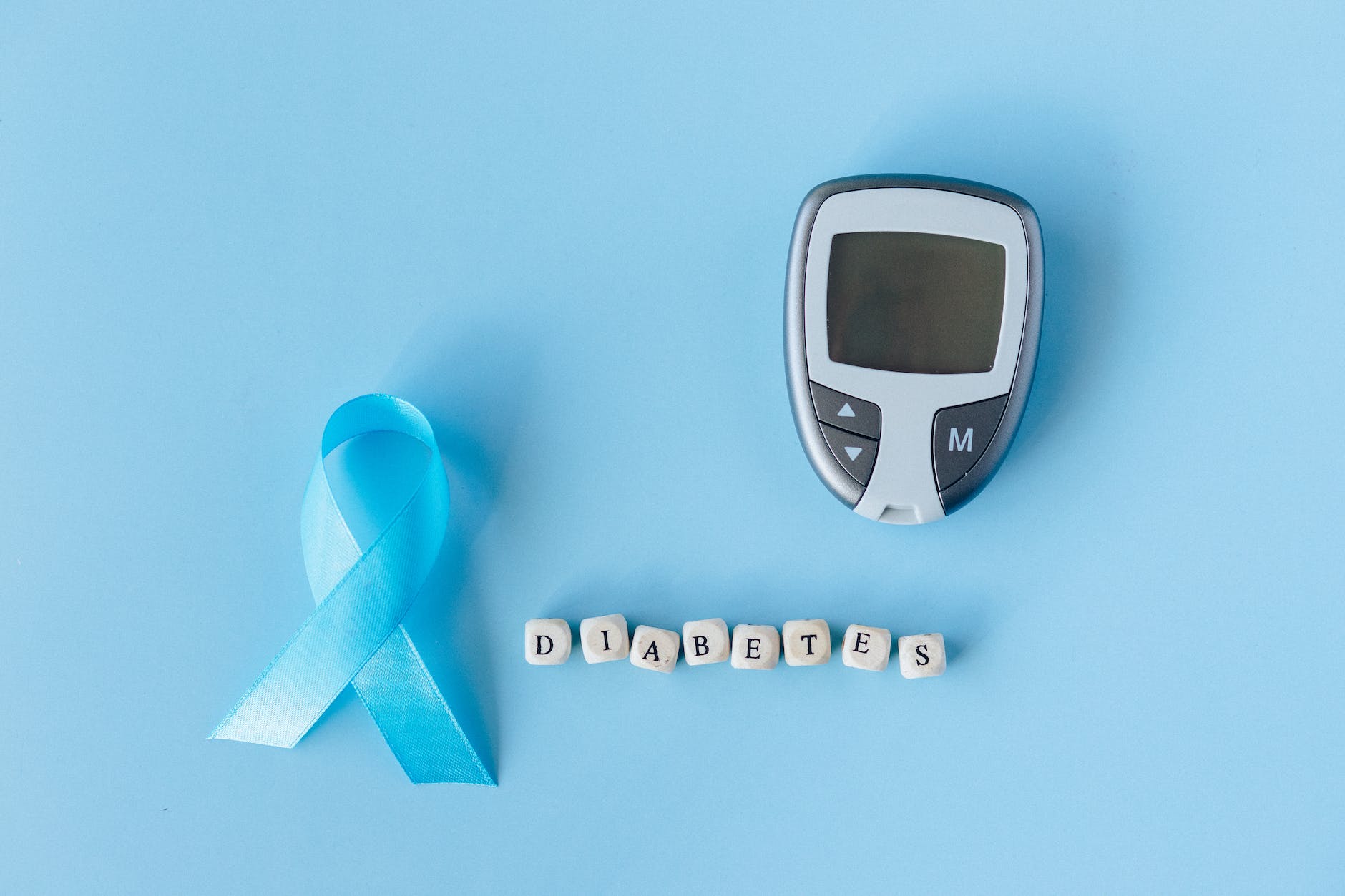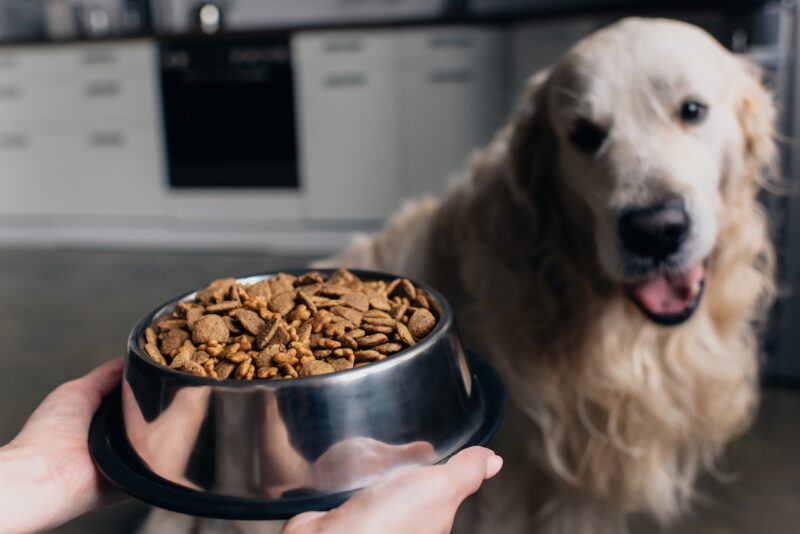Kombucha has a history dating back to around 220 BC. Made with a base of black or green tea, kombucha is fermented using sugar and a SCOBY (Symbiotic Culture of Bacteria and Yeasts). Fruits or herbs sometimes are added for extra flavor. This combination transforms the tea and sugar into a nutrient-rich kombucha brimming with organic acids, yeasts, bacteria, amino acids, vitamins, and a small amount of alcohol.
Kombucha has become a popular alternative to soda due to its carbonation and diverse range of flavors. Its tangy taste keeps people coming back for more. Next time you’re at the grocery store, restaurant, or scrolling through TikTok, give kombucha a try!
You may have heard some folks touting kombucha as a miracle drink, claiming it can prevent and treat various severe health issues, including hair loss, high blood pressure, HIV/AIDS, and even cancer. But these assertions are not backed by scientific evidence. Research on kombucha’s effectiveness remains limited. However, some studies suggest that kombucha may share similar benefits with other probiotic-rich foods, like yogurt, kimchi, and other fermented foods. These advantages include promoting a healthy immune system and alleviating gastrointestinal issues like diarrhea and constipation.
Health Benefits of Kombucha
1. Weight Loss
We all wish shedding pounds could be a breeze, but reality isn’t so kind. Don’t expect sipping a few bottles of kombucha to grant you a lean, toned figure by summertime! However, incorporating kombucha into your weight loss plan is indeed a smart idea—especially when you use it as a substitute for sugary, nutrient-devoid sodas! But when choosing kombucha, be mindful of calorie intake if that’s a concern for you! Some kombuchas have a sweeter taste, so opt for products with lower sugar content.

(Photo: SHVETS production / Pexels.com)
The caffeine in kombucha and the catechins in green tea may help boost your metabolism, allowing you to burn more calories. Studies have shown that caffeine can indeed promote weight and fat loss[1] Trusted Website PubMed is a data base from US National Institutes of Health. It’s a trusted source of health and medical information. Open the link → . So, drinking kombucha may make your weight loss journey a little easier and more enjoyable. At the very least, it tastes great!
2. Rich in Antioxidants and Polyphenols
Kombucha is rich in antioxidants and polyphenols, substances that combat free radicals to shield our bodies from cell damage caused by these harmful molecules, and potentially slowing down the aging process[2] Trusted Website NCBI, US National Center for Biotechnology Information, is a trusted source of biotechnology and biomedicine information. Open the link → 。
Polyphenols boast potent antioxidant effects within the human body, tackling inflammation, which is the root cause of numerous diseases and conditions. The fermentation process can further boost polyphenol content, making kombucha even more beneficial than drinking green tea alone.
Many scientists believe that consuming antioxidants in food and beverages is more beneficial to health than taking supplements [3]. While kombucha isn’t a cure-all for inflammation (if you’re truly ill, it’s crucial to consult a doctor and take medication), combining it with anti-inflammatory foods like those found in Mediterranean-style diets can significantly enhance your well-being.
3. Boost Gut Health
Did you know that not all bacteria are harmful? In fact, the good bacteria in your gut play a crucial role in developing a healthy gut microbiome. Consuming fermented foods like kombucha can provide probiotics that support the growth of these beneficial bacteria and maintain balance within our gut microbiota. A balanced gut microbiota leads to improved digestive function, better nutrient absorption, and more efficient waste elimination[4] Trusted Website NCBI, US National Center for Biotechnology Information, is a trusted source of biotechnology and biomedicine information. Open the link → .
4. Enhance Immune System
Kombucha is rich in B vitamins, which are essential for maintaining a healthy immune system. It also has organic acids such as acetic acid, gluconic acid, and D-saccharic acid that possess antimicrobial properties to help us resist harmful bacteria invasion. Additionally, polyphenols found in kombucha can reduce inflammation and regulate our immune system[5] Trusted Website NCBI, US National Center for Biotechnology Information, is a trusted source of biotechnology and biomedicine information. Open the link → .
5. Fight Against Cancer
Studies suggest that fermented tea antioxidants may offer protection against cancer by reducing cell damage, which can lead to various diseases. Consuming more antioxidants can help protect our cells and significantly lower the risk of cancer[6] Trusted Website NCBI, US National Center for Biotechnology Information, is a trusted source of biotechnology and biomedicine information. Open the link → .
6. Detoxification
The liver is the largest digestive gland in the human body and a key metabolic center, performs various functions including detoxification. It can process most toxic substances (including drugs), rendering them non-toxic or low-toxic before excreting them from the body.
Kombucha contains enzymes and acids that may aid in clearing unwanted compounds from the body. Some studies found that kombucha may have therapeutic potential in combating fatty liver disease[7] Trusted Website NCBI, US National Center for Biotechnology Information, is a trusted source of biotechnology and biomedicine information. Open the link → . However, it is important to note that kombucha is a dietary supplement and cannot replace medication for treating fatty liver.
Although there are no current human studies on this topic, research into kombucha’s effects on liver diseases shows promise.
7. Protect Your Heart
Maintaining a healthy diet is crucial for safeguarding your heart. Recent studies indicate that consuming kombucha may have beneficial effects on heart health by increasing “good cholesterol” and decreasing “bad cholesterol”[8] Trusted Website PubMed is a data base from US National Institutes of Health. It’s a trusted source of health and medical information. Open the link → .
Kombucha, which is made from green tea, has similar health benefits as green tea. Green tea has been found to prevent the formation of blood clots, a desirable outcome. Drinking an additional 3 cups of tea per day can reduce the risk of heart attack by 11%[9] Trusted Website PubMed is a data base from US National Institutes of Health. It’s a trusted source of health and medical information. Open the link → .
8. May Help Manage Type 2 Diabetes
A study conducted on diabetic rats revealed that kombucha can slow down the digestion of carbohydrates and reduce blood sugar levels by inhibiting α-amylase and lipase activity in plasma and pancreas. Kombucha was found to significantly delay the absorption of low-density lipoprotein cholesterol and triglycerides, while significantly increasing high-density lipoprotein cholesterol. Histological analysis also demonstrated that kombucha has an improvement effect on the pancreas and effectively protects the liver and kidney function of diabetic rats[10] Trusted Website PubMed is a data base from US National Institutes of Health. It’s a trusted source of health and medical information. Open the link → .

Green tea has the potential to lower blood sugar levels. You can also enjoy this benefit from kombucha brewed with green tea. A literature review involving nearly 300,000 individuals found that those who regularly consumed green tea had an 18% lower risk of developing Type 2 Diabetes[11] Trusted Website PubMed is a data base from US National Institutes of Health. It’s a trusted source of health and medical information. Open the link → .
Is Drinking Kombucha Safe?
Drinking too much kombucha can lead to headaches, nausea, gastrointestinal discomfort, or even ketoacidosis (a medical emergency caused by too much acid in the blood).
In the 1990s, there were several cases of illness and even a death linked to kombucha consumption. One HIV patient experienced severe lactic acidosis and kidney failure after drinking kombucha. Another patient developed cholestatic hepatitis after consuming kombucha. In 1995, two patients in Iowa who had ingested an excessive amount of kombucha experienced unexplained lactic acidosis, with one of them dying. According to the US Food and Drug Administration (FDA), reported cases of kombucha-related adverse reactions are associated with pre-existing medical conditions, overconsumption, and improper handling of fermented products[12] Trusted Website ScienceDirect.com is a trusted database of scientific and medical publications. Open the link → .
Moreover, if you make kombucha at home using unsafe containers for fermentation, be careful as heavy metals such as lead may seep into your drink and cause lead poisoning. Also, maintaining proper hygiene during the process is crucial as contamination with harmful bacteria or yeast overgrowth can spoil the tea. Watch out for abnormal colors or a smell like nail polish. If something seems off, don’t drink it.
Packaged kombucha on the market are safe. But if you see a kombucha vendor at a flea market, it may not be the best choice.
How Should I Drink Kombucha Tea?
The Centers for Disease Control and Prevention (CDC) recommend drinking about 4 ounces of kombucha per day may not have any adverse effects on your health.
Keep in mind that most store-bought kombucha products contain more than 4 ounces. Before consuming an entire bottle, check the recommended serving size on the nutrition label. Take note of the added sugar content on the label, as 4 grams of added sugar equals 1 teaspoon of sugar. For beginners, it’s best to start with a smaller amount. If you find it enjoyable, consuming 8-16 ounces daily should provide sufficient probiotics.
It is important not to rely solely on kombucha for probiotics. Try a diverse range of foods to obtain various types of probiotics.
If you don’t like the taste of kombucha, there are plenty of other probiotic-rich foods to try. These include yogurt, kefir, cheese, kimchi, pickles, tempeh and sauerkraut.
How to Choose a Good Kombucha Tea?
Not all kombucha found on supermarket shelves are the same. There are various types and significant differences between brands. To ensure you find a natural kombucha, try below tips:
- Brewed in glass: Kombucha fermented in plastic or metal containers may result in an odd taste, negatively affecting its flavor. Just because kombucha is bottled in glass doesn’t mean it was brewed in a glass. Look for a label stating “brewed in glass”.
- Naturally fermented: ook for phrases like “naturally fermented” or “not carbonated” on the packaging to ensure you get the most authentic and minimally processed kombucha. It takes several weeks and at least two stages to transform sweet tea into kombucha through natural fermentation. If a brand follows this process, they will mention it on the label.
- Raw: Kombucha is naturally acidic and contains acetic acid. It doesn’t require pasteurization. In fact, pasteurizing kombucha kills all the probiotics, turning it into ordinary soda water rather than a healthy fermented beverage. Look for “raw” on the packaging to find authentic kombucha.
- No probiotic count: If you see a specific amount of probiotics on the label or ingredient list, it may mean that probiotic supplements have been added.
- Must contain three ingredients: tea, sugar, and a culture. There may be other ingredients such as fruit juice, herbs, spices, or flavorings, but if any of these three ingredients are missing, it is not genuine kombucha. Sugar is needed for the culture to ferment, so you will never find sugar-free kombucha. However, be careful with kombucha that tastes super sweet or has more than 10 grams of sugar in the final product. This means that sweeteners were added after fermentation, adding unnecessary calories.
- Refrigerated: Opt for kombucha that requires refrigeration. Low temperatures maintain yeast and bacteria viability while stopping the fermentation process. Kombucha stored at room temperature may have significantly reduced probiotics or become over-fermented.
4 of the Best Kombuchas
Although I have not found a kombucha that meets all of the above criteria, here are some recommended brands to consider.
1. Health-Ade Kombucha
Health-Ade uses only glass containers for brewing and offers their products in both bottles and cans. They prioritize organic, non-genetically modified ingredients, and use cold-pressed fruit juices without any artificial flavors.

$31.95 at Health-Ade.com
Amazon at Amazon
6 flavors | 6 bottles
Each bottle is 16 fl oz / 1 pint / 473 ml
*All prices are at the time of writing
You can choose from six different flavors, which are sold individually or in a variety pack. The available flavors include: Pink Lady Apple, Passion Fruit/Orange, Watermelon, Bubbly Rose, Pomegranate, and Tropical Punch. Each bottle contains 16 fl oz / 1 pint / 473 ml.
2. Humm Whole30 Approved Kombucha

$36.00 at Amazon
Humm Whole30 Approved Kombucha
Humm Kombucha is a certified Whole30 kombucha that uses only organic, non-genetically modified ingredients and contains no added sugar. It’s also high in vitamin B12. With flavors like Strawberry Lemonade, Berry Blue, and Mango Passionfruit, Humm Kombucha offers a variety of options to choose from. Remember to refrigerate it as soon as you receive it for optimal freshness!
3. Remedy Kombucha

$47.99 at Amazon
Remedy Kombucha
Remedy Kombucha is brewed in small batches for a long time and has no residual cane sugar after brewing. Made with all organic ingredients and certified by the USDA, it is not pasteurized at high temperatures. It’s suitable for keto, vegetarian, and gluten-free diets.
4. Koe Organic Kombucha

Amazon at Amazon
Koe Organic Kombucha
Koe Kombucha stands out from other tangy varieties with its sparkling juice-like taste. Its blend of probiotics and added vitamin C not only promotes immune health but also leaves you feeling great.
Disclosure: We are an Amazon Associate. Some links on this website are affiliate links, which means we may earn a commission or receive a referral fee when you sign up or make a purchase through those links.












Leave a Reply